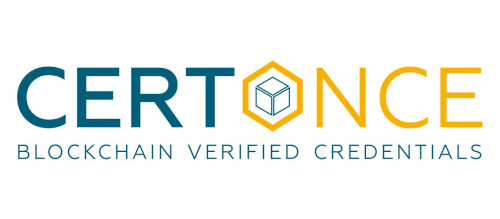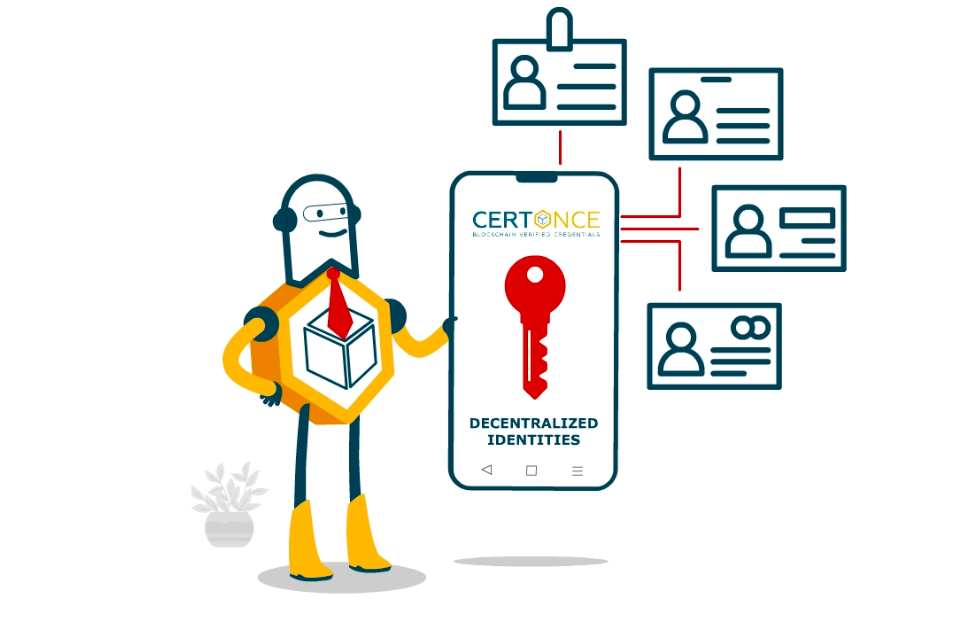Decentralized identities: The new global standards of privacy and control
Introduction
Imagine a world in which you are in control of your own digital identity. A world in which you decide who has access to your personal data, and when. A world in which you can choose to share only what you want, with whom you want. This is the world of decentralized identities.
With decentralized identities, you are the only person who holds the key to your data. You decide who can see it, and when. You can share as much or as little as you want, with whomever you want.
Decentralized identities are the new global standard of privacy and control. With them, you can take back the power of your data.
What Exactly Is a Decentralized Identity?
A decentralized identity is a digital identity that isn’t controlled by a single entity. In other words, it’s an identity that you own and control, and no one else can access or change it without your permission.
This is in contrast to centralized identities, which are controlled by a single organization. Centralized identities are often managed by online platforms like Facebook and Google, who can log in and access all your personal data whenever they want.
With decentralized identities, you’re in control of your data. You decide who can see it and how it’s used. This gives you the power to keep your personal information safe and secure, without having to worry about third-party organizations mishandling it.
Who Uses Decentralized Identities and Why?
Decentralized identities are being used by more and more people every day. The reason for this is simple: decentralized identities offer a new level of privacy and control over one’s data.
For example, let’s say you want to purchase a product online. You would need to provide your address and credit card information to the vendor. With a decentralized identity, you could instead provide a unique identifier that is linked to your data on the blockchain. This would allow the vendor to verify your identity without having access to any of your personal information.
This is just one example of how decentralized identities can be used. They can also be used for logging into websites, authenticating transactions, and more. The possibilities are endless!
Benefits of Using Decentralized Identities
When it comes to decentralized identities, there are a few key benefits to consider.
- Privacy & control: With this system, you have much greater control over who can access your data and when. This is because the data is stored off-site and encrypted, so it can’t be accessed by anyone other than you.
- Security from hackers and cyberattacks: Additionally, with decentralized identities, your data is more secure since it’s not connected to any particular provider—it’s associated with a public key that anyone can access. This means that hackers can’t get their hands on your personal information, making it harder for them to take advantage of you or your identity.
- Eliminate spams: Finally, decentralized identities can help reduce the amount of spam and advertising within apps as they eliminate the need for third-party solutions like cookies or tracking scripts. This ultimately leads to more privacy and less clutter when using digital platforms.
Practical Applications for Decentralized Identities
So now that you know some of the foundational concepts of decentralized identities, it’s time to talk about practical applications in which this technology could be used.
One of the main use cases for decentralized identities is digital identification. Using these digital identifiers, companies and organizations can securely access and store customer data in a transparent and trustless way, while still ensuring that the customer’s privacy and security are protected.
Another potential use case is authentication. With decentralized identity solutions, companies can leverage two-factor authentication to securely authenticate users without compromising their data. Furthermore, these solutions can also be used to build secure access control systems that limit user permissions to access specific resources on a network or platform.
By using decentralized identities, companies and organizations can ensure that their customer data is kept safe and secure while giving customers control over how their information is used. It’s no wonder why this technology is becoming the new global standard for privacy and control.
What does the future hold for decentralized identities?
Now that you understand the benefits of decentralized identities, its potential applications, and the stakeholders involved, it’s time to look to the future.
Decentralized identities are in the early stages of adoption and have already seen a marked increase in interest from tech giants, global governments, and consumers alike.
It is expected that governments will move towards digital identity systems for their citizens which will grant them access to social services and other citizen-specific entitlements.
The future of decentralized identities is an exciting one – increasing data privacy while giving users control over their personal information is a powerful combination that has the potential to revolutionize how we interact with technology.
In a nutshell…
The conversation around data privacy is heating up. As we share more and more of our personal data, we risk losing control of it. Decentralized identities could be the answer, giving people back the power to control their own data.
With decentralized identities, people would have a unique identifier that they control, rather than a third party. This would allow them to share their data selectively, and only with the people they trust. Decentralized identities would also make it easier to keep track of who has accessed your data, and when.
The technology is still in its early stages, but it has the potential to revolutionize the way we think about data privacy. With decentralized identities, we can put the power back in our own hands.


